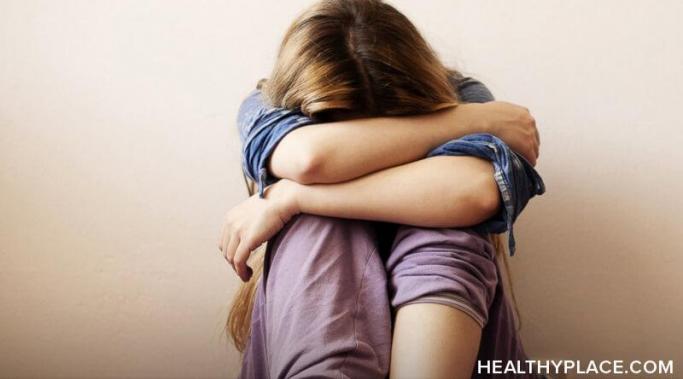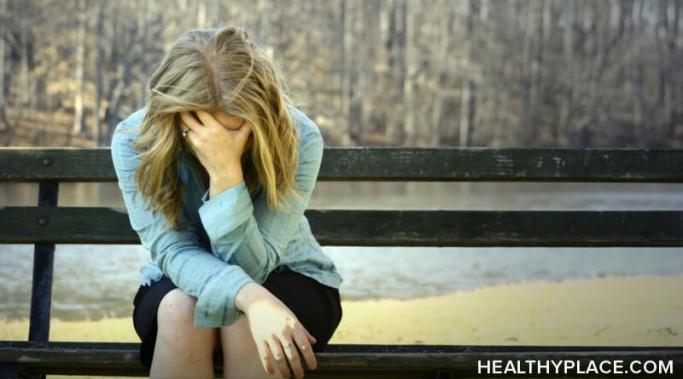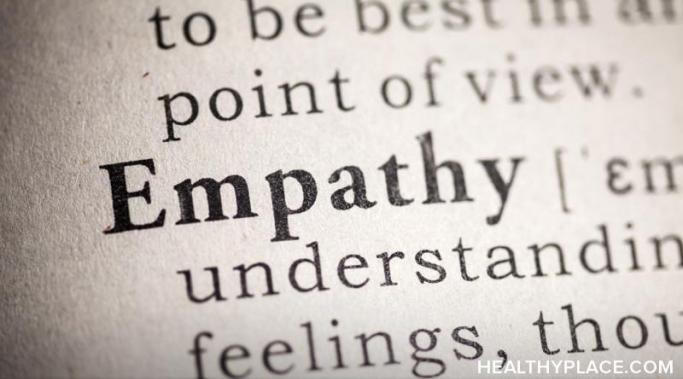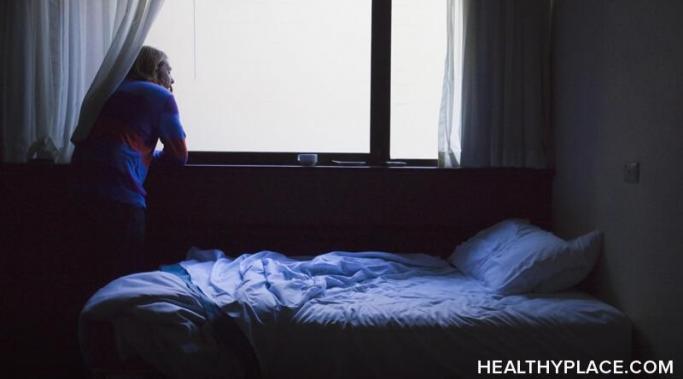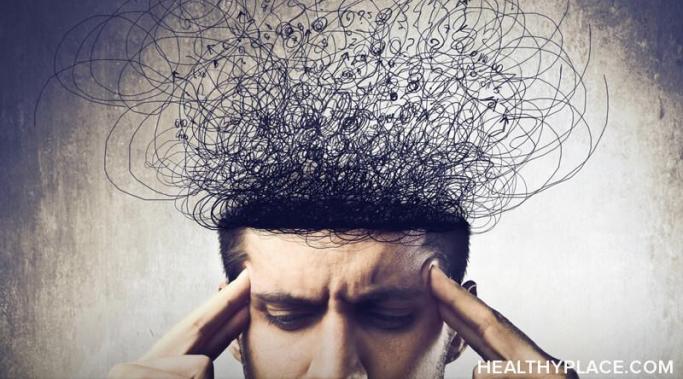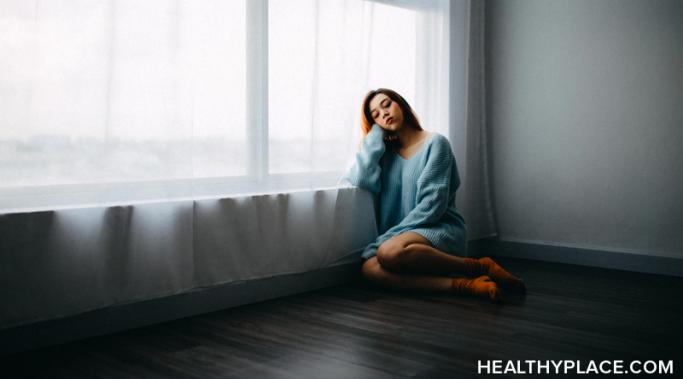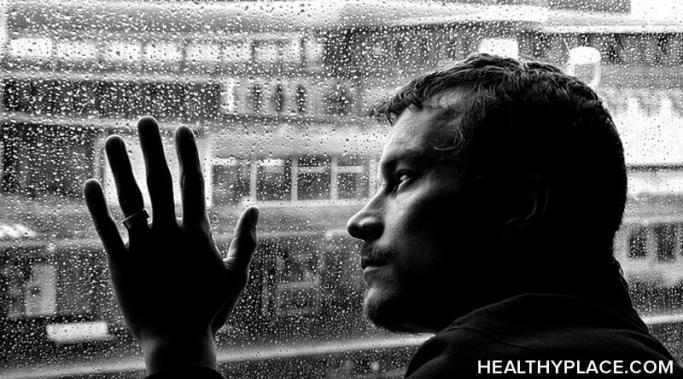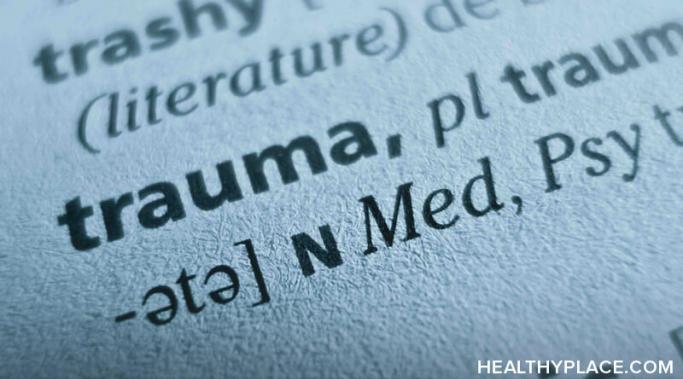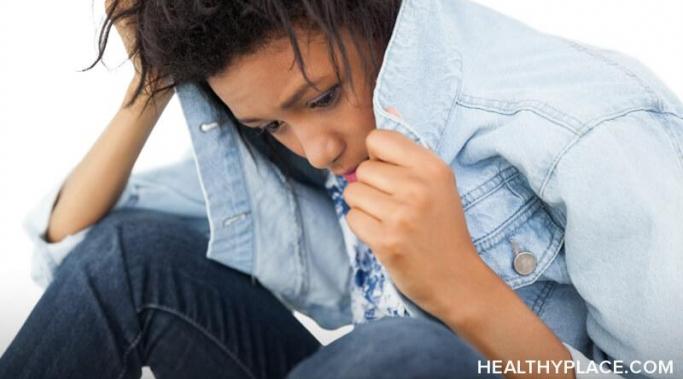This will be my final post of 2020. Not only are we heading into a new year, but I am due to give birth in just over a week, and I'll be taking a few weeks after that to settle into our new routine as a family of four (and I'm using the word "routine" very loosely). So, with that in mind, I thought I would use this week's blog post to reflect on what I've learned in 2020, and more specifically, what I've learned since joining the HealthyPlace community.
Depression Symptoms
It is often said that relationships are a two-way street — that you get out what you put in. So how do you maintain relationships (platonic, romantic, or familial) when your mental health interferes with your ability to support others? How do you maintain relationships when you are so preoccupied with your thoughts and ruminations that it doesn't even occur to you to check in on the people closest to you? Sure, the odd blip can be forgiven, but in the case of chronic, long-term depression, how do you manage to convince other people to stick around? How do you tell them that you're not selfish, just suffering?
How can shame damage relationships? After all, shame has been a part of human culture for thousands of years. It is one of the things that makes human relationships and social structures unique and is arguably a necessary component of every civilized society. However, I believe people with mental health issues experience shame at a disproportionately high level, and this can be incredibly detrimental not only to their recovery — but also to their relationships with the people around them.
We are living in an age of unprecedented mental health awareness and mental illness empathy. Mental health stigma is decreasing. Mental health charities, awareness campaigns, and changes to the law in the last 10 years have created a social landscape where people feel much safer talking about their problems without the fear of being mocked, abused, and alienated. As someone with a mental illness, you would think I'd be thrilled by this, but the truth is that up until quite recently, I resented it.
Recognizing suicidal thoughts in yourself or others isn't always easy. The problem is, suicidal thoughts don't always look like you think they should. (Note: This post contains a trigger warning.)
The mixture of chaos and depression will increase the longer we continue to face the COVID-19 pandemic. When chaos takes place in our mind, we can have a harder time coping with our depression. I am finding this to be true for myself over the past several days. If you, too, are feeling more chaotic and finding it especially difficult to cope with your depression lately, then let's see if we can figure out some coping strategies that might help.
The COVID-19 pandemic has caused me to struggle with certain aspects of my depression more than I usually do, but I'm trying to cope in healthy ways. If you're also having trouble coping with your depression during this difficult time, maybe some of these ideas can help you, too.
We should not underestimate the effects of stressful events on depression. Modern technology offers most of us the opportunity to know what's going on all over the world at any given moment of any given day; yet, so many of the current news stories have the potential to add to our stress and possibly worsen our depression. I've been struggling with managing my depression while also trying to find a balance between being adequately informed versus becoming pulled down into a major depressive episode due to information burnout.
There are some of us with depression who have experienced trauma during our lives. This trauma may have occurred prior to or after our diagnosis of depression. For those who have been through traumatic experiences, these events can have a profound effect on their depression. Armed with this knowledge, what can those of us with depression -- and those close to people with depression -- do with this information? (Note: This post contains a trigger warning.)
I have a plan to avoid another suicide attempt that came from living with major depression. But it's taken three years since almost losing the war against depression to get it together. I'm so thankful to say that I'm still here and that my suicide attempt failed. That "failure" turned out to be one of my greatest victories. I couldn't see it then, but I certainly see it now. The following thoughts are some reflections on the past three years of my life. (Note: This post contains a trigger warning.)

